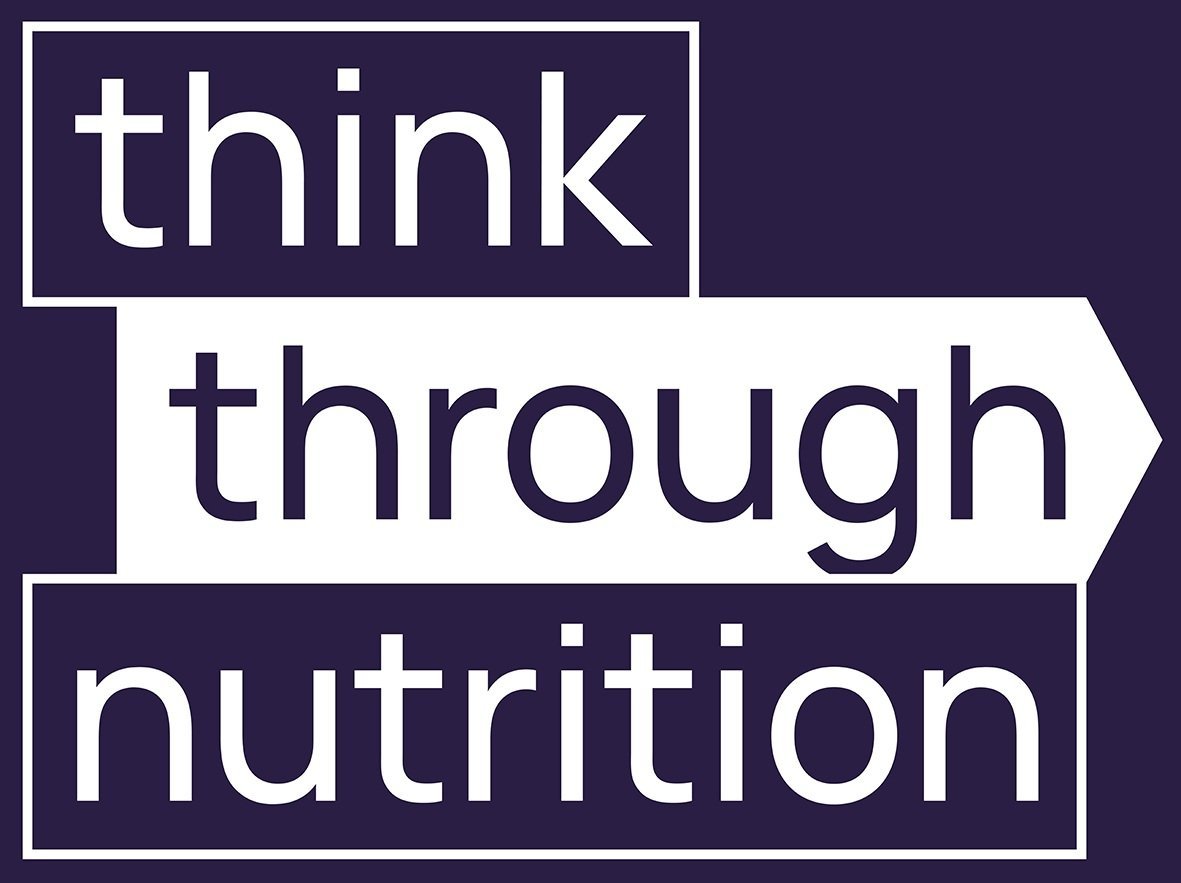The impact of diet on depression and anxiety
Publication date
April 2019
Authors
Joseph Firth, PhD
Wolfgang Marx, PhD
Sarah Dash, PhD
Rebekah Carney, PhD
Scott B. Teasdale, PhD
Marco Solmi, MD
Brendon Stubbs, PhD
Felipe B. Schuch, PhD
André F. Carvalho, MD
Felice Jacka, PhD
Jerome Sarris, PhD
The Publication
This is the first meta-analysis to examine the efficacy of dietary interventions on depression and anxiety and includes 16 independent studies from 2018 onwards. The analysis showed that dietary interventions have a small, but significant, positive effect on depressive symptoms.
Several mechanisms have been proposed to explain this effect, involving pathways relating to oxidative stress, inflammation and mitochondrial dysfunction, all of which have been shown to be disrupted in people with mental disorders. Gut dysbiosis has also been implicated in all of these - modulating the stress response, the immune system, neurotransmission and neurogenesis.
While specific nutrients have been demonstrated to beneficially interact with these pathways, reducing pro-inflammatory food groups has also been shown to improve mental wellbeing. The present meta-analysis also shows that dietary interventions that target weight loss significantly reduce depression as one of the psychological benefits of weight loss. However, the SMILES trial showed that such an effect can also occur without weight loss.
One issue with such analyses is that typically participants have mild (non-clinical) depression. Furthermore, no current studies have compared dietary interventions with antidepressant medications; they have usually been merely an adjunct. The study concluded that “The consistently significant and positive effects of dietary interventions on depressive symptoms observed across all random-effects meta-analyses, even in high-quality studies, strongly suggests that diet can play a role in the treatment and also self-management of depressive symptoms across the population.”
Our Response
The present study confirms previous work showing the positive effects diet can have on both depressive and anxiety symptoms, supporting its potential role in treatment and rehabilitation. Interestingly, it emphasises the significant benefits such an intervention can have on improving anxiety and depression symptoms in females more markedly than in males. There may be several contributing factors to this. Further research may help to understand the differing responses between the sexes, but is not required to accept the outcomes of the work to date.

